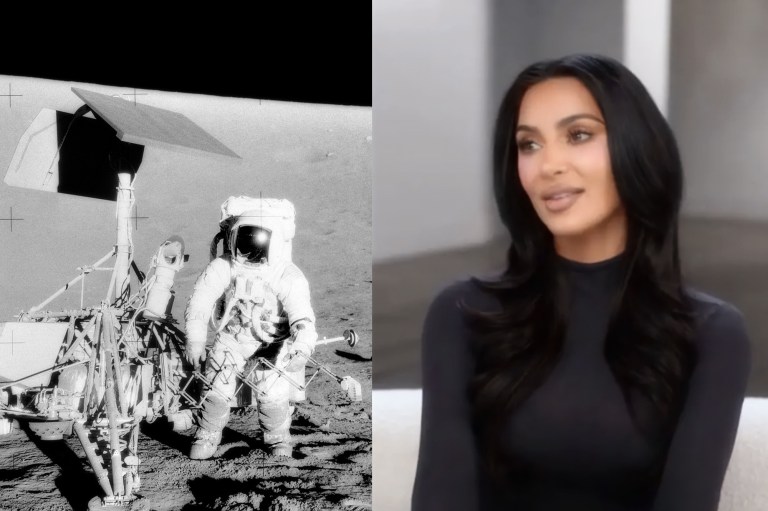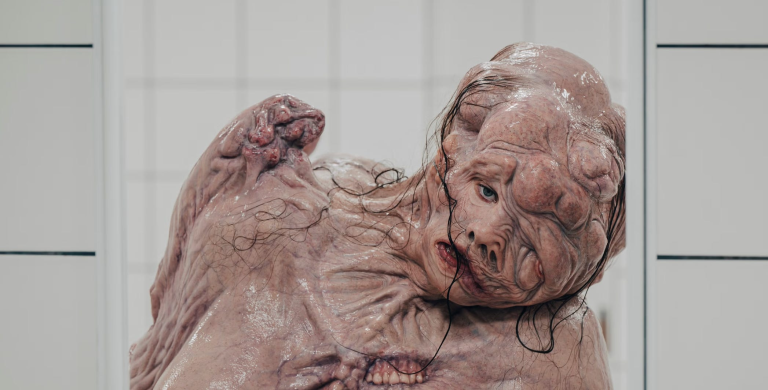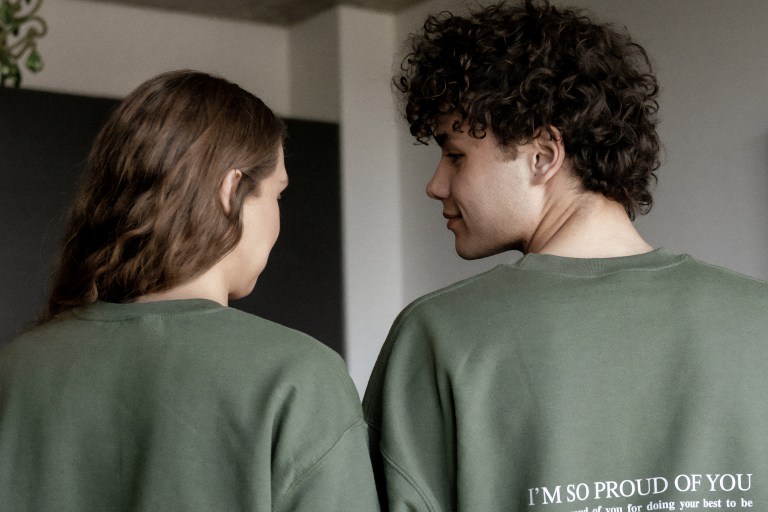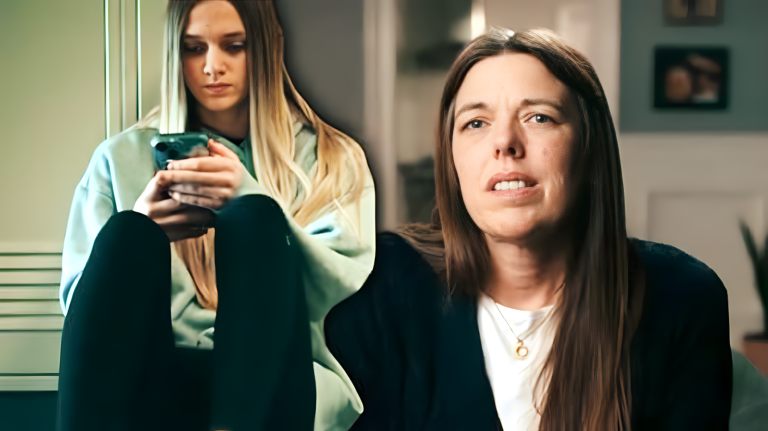
6 Things ‘The Good Body’ By Eve Ensler, Taught Me About Accepting Mine

I have always been moved by the work of Eve Ensler. She has done incredible work speaking up for women around the world, sharing their stories, where they may have gone unheard.
Eve Ensler is on a mission among so many other great and powerful women to help women accept their bodies. To not ignore their bodies as a separate entity from themselves. She wants women to acknowledge their bodies for the power and capability it holds, rather than be hung up on the flaws we perceive it to have.
Ensler herself however was guilty of this, too, as most woman are. Through sharing stories with women from all over the world, she comes to a peace of sorts, though she may not always love this one particular part of her body, her focus shifts on her capabilities. If she had spent so much time diminishing her physical appearance, she would not have much time for doing the incredible life-changing work that she often takes part in, like: protesting wars, standing up for women, making sure that no one is starving.
In her play, “The Good Body,” I came to a sort of peace of my own, through wisdom the women shared with her:
1. In other countries, the parts of our bodies that we perceive as ‘flaws’ are celebrated by men and women alike:
Eve speaks to an Indian woman, Priya, who says,
“Eve, look at me- without my jadhi (fat), how could I hold my sari up? Read the Kama Sutra. Indian women are very, very curvy and voluptuous. I think I am very beautiful. I love my cheeks (she squeezes her cheek), my dimples, right here. Kumar, my husband, calls it the seed of my smile. He gets excited and just grabs me here sometimes. Kumar was worried when I first started at the gym. He said “Priya, Priya, your jadhi is my personal country. I know the contours and the landmarks. If you were to lose your jadhi, I would be a sorry refugee.”
2. There is more to see of the world than the walls of the gym:
The Indian woman Eve is speaking to, Priya asked if she had got a chance to see India, to which Eve said “Only the gym.”
“This is not India,” Priya corrected. “That is not our country. I think you only know one country- a little country, your body with a population of one. You spend all your time fixing and renovating it. You’re missing the rest of the world.”
3. In Other parts of the world, they are grateful to have anything to eat, many meals are based solely off carbs:
‘Sorry, I don’t eat bread,’ Eve tells her seventy-four-year old African Masai host. “I forgot,” Leah said, “You’re American. 90210. What kind of place is it? In Africa, we are desperate for food, we have so little; in America, where you have all the food, you either eat too much or not at all.
Your bodies are just pictures to you.
4. Here, we live in our bodies, they serve us, they do our work.”
Our body is not something to be embarrassed or ashamed of
When Eve is in Afghanistan eating ice cream where women have been beaten for doing so, Eve takes a moment with a group of women to enjoy the vice many Americans take for granted, or ban themselves from enjoying deeming the food ‘bad,’ Eve notes it’s not the ice cream that is the enemy, but the Taliban, who can potentially flog or execute the women inside.
5. Fake it till you make it:
Unfortunately, loving our bodies is a process, a journey that takes time and a lot of practice. All of those ‘self-love’ mantras that may make you want to roll your eyes, are that way for a reason. They work. Tell yourself these statements enough, and you’ll become confident enough to believe it. Your body was never broken, the system that led you to believe there was something to fix in you is what’s broken.
6. Your body does not determine you a success or failure:
Eve acknowledges that if she had conformed to what her idea of ‘good’ was in terms of her body, she would not be accomplishing things like protesting the war, speaking out against censorship and torture, making sure that no one starves or is excluded, demanding that women stop getting raped or beaten, or worrying about emaciated polar bears due to global warming. ![]()











